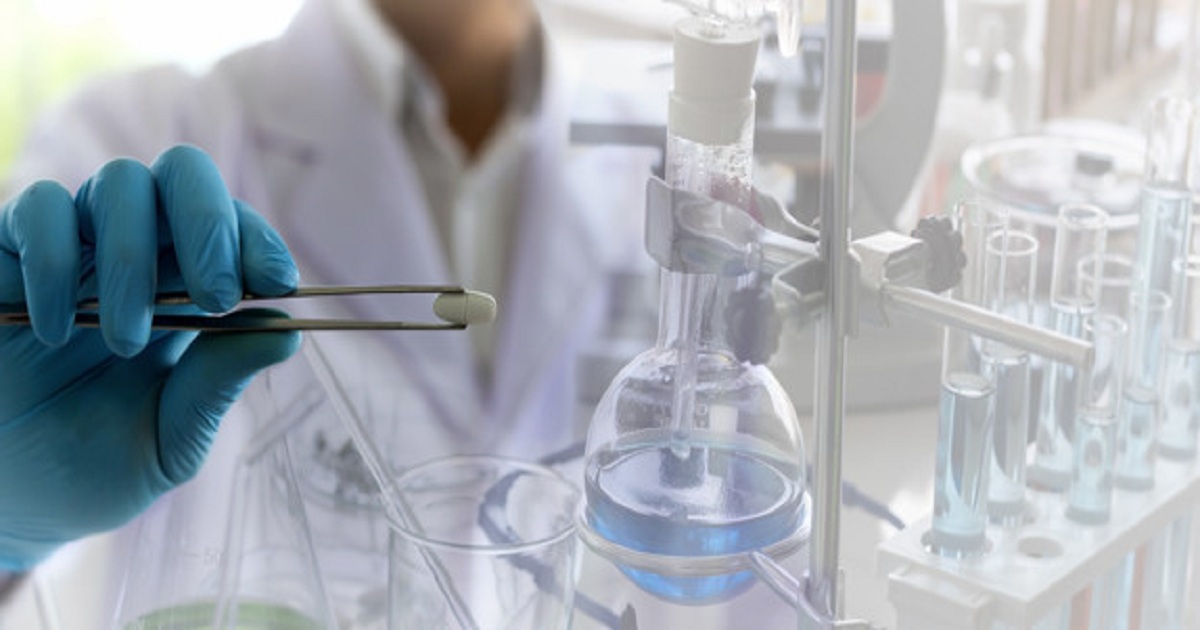AstraZeneca, Daiichi Sankyo push Enhertu closer to the blockbuster frontier with stomach cancer
Daiichi | January 20, 2021

Daiichi Sankyo and partner AstraZeneca have taken their HER2-targeted cancer drug Enhertu another step toward blockbusterland.
The FDA cleared Enhertu for HER2-positive gastric or gastroesophageal junction cancer patients who previously received Roche’s standard-of-care Herceptin, the companies said Monday.
An antibody-drug conjugate, Enhertu is the first HER2-directed therapy approved in gastric cancer in a decade, the companies said. And it earned the green light after showing—for the first time in this patient population—that an HER2 drug could top chemotherapy at helping patients live significantly longer.
In the pivotal Destiny-Gastric01 trial in Japan and South Korea, Enhertu cut the risk of death by 41% versus chemotherapy in patients who had progressed on at least two previous treatments, including Herceptin. At an interim analysis, patients on Enhertu had lived a median 12.5 months, versus 8.4 months with chemotherapy, according to data presented at the 2020 American Society of Clinical Oncology (ASCO) meeting. On the study’s primary endpoint of overall response rate, Enhertu shrank tumors in 40.5% of patients, compared with a response rate of 11.3% in the chemo arm.
Previously treated HER2-positive stomach cancer now becomes Enhertu’s second U.S. approval, on top of its original nod in third-line HER2-positive breast cancer. Both Daiichi and AZ are banking their oncology revenue growth on Enhertu.
Daiichi’s in the middle of a transformation that puts oncology front and center as the Japanese pharma pivots away from the cardiovascular and metabolic fields. As part of the overhaul, the company’s targeting JPY500 billion ($5 billion) in peak oncology drug sales. Enhertu could take about half of that load: It now bears a 2024 sales estimate of around $2.5 billion, with some bullish industry watchers projecting peak sales above $4 billion.